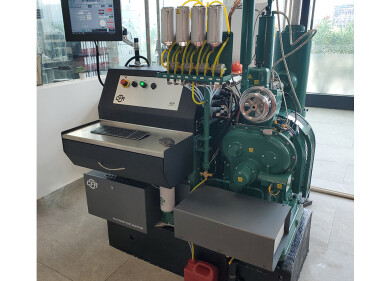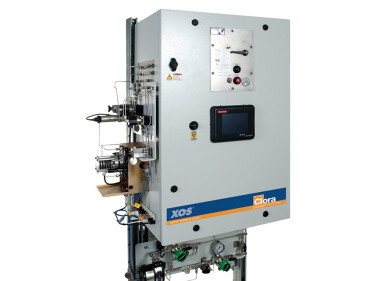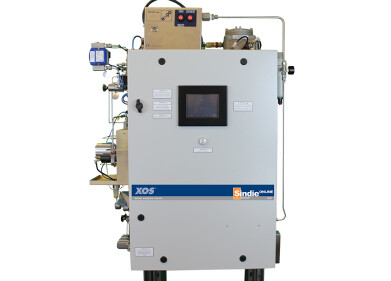Analytical instrumentation
Determination of Oil Additives using ICP
Mar 16 2011
Nearly all commercially available motor oils contain additives. Additives are used to modify properties of oil to improve its performance. A wide range of additives are used in motor oils. Anti-oxidant’s are added to help prevent the oil from burning when it gets hot. Other motor oils contain additional additives to modify the viscosity of the oil to prevent the build-up of acids. Viscosity modifiers help engine oil maintain a consistent viscosity as the temperature and pressure within the engine changes. Acid inhibitors help combat the formation of rust and presence of water in crankcases. Among the most widely-used additive types are those used for “anti-wear”. These additives typically contain high concentrations of phosphorus, sulphur and zinc, and are used to reduce premature wear of vehicle engines.
Accurate and reliable elemental analysis of Oil Additives requires analytical methodology that is both sensitive and selective.
The Prodigy High Dispersion Inductively Coupled Plasma (ICP) is ideally suited for the analysis of oil additives. The Prodigy from Teledyne Leeman Labs (USA) can determine up to 70 elements in a sample simultaneously in under 30 seconds.
Digital Edition
PIN 25.6 Buyers' Guide
January 2025
Buyers' Guide Directory - Product Listings by Category - Suppliers Listings (A-Z) Articles Analytical Instrumentation - ASTM D7042: The Quantum Leap in Viscosity Testing Technology -...
View all digital editions
Events
SPE Hydraulic Fracturing Technology Conference and Exhibition
Feb 04 2025 The Woodlands, TX, USA
Feb 05 2025 Guangzhou, China
Trinidad and Tobago Energy Conference 2025
Feb 10 2025 Point Lisas, Trinidad
Feb 11 2025 Lagos, Nigeria
Feb 13 2025 Manama, Bahrain



















